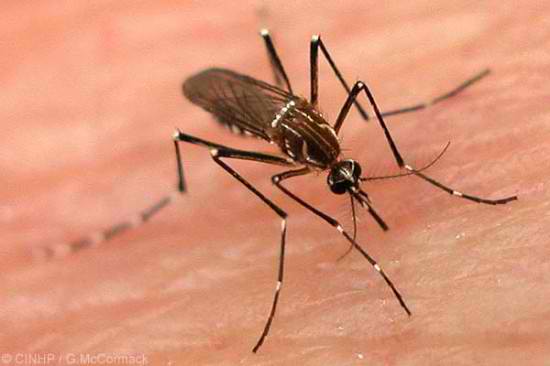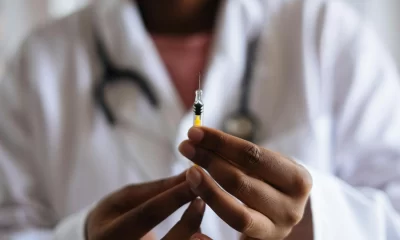Health
Vaccine still best defense vs. JE: experts
MANILA — Vaccination remains to be the most effective way to prevent and control Japanese encephalitis (JE), the Philippine Pediatric Society (PPS) and Pediatric Infectious Disease Society of the Philippines (PIDSP) said Monday.
In a statement, the two groups noted that while they agree that such prevention methods as vector control and personal protective measures can be used, “JE vaccination is the only method proven highly effective for prevention”.
The Philippine Society for Microbiology and Infectious Diseases (PSMID) agreed, saying that vaccination should be part of a comprehensive JE prevention and control strategy, apart from vector control, surveillance and clinical management.
These recommendations are aligned with the World Health Organization (WHO) position paper that stated that human vaccination is the most effective way of reducing the burden of JE.
JE vaccination has been part of the PPS’ and PIDSP’s Childhood Immunization Calendar since 2016 and continues to be recommended for children aged 9 months and above.
WHO reports have estimated that some 3 billion people living in transmission risk areas are vulnerable to JE, including those in 24 countries in the Southeast Asia and Western Pacific regions. In the Philippines, there has been an increase recently in the incidence of JE.
According to the WHO, the Japanese encephalitis virus is related to the dengue, yellow fever and West Nile viruses, and is spread by mosquitoes. Its symptoms include fever, headache, neck stiffness, disorientation, seizures, and spastic paralysis. It is fatal in as much as 30 percent of cases, while 20 percent to 30 percent of survivors suffer from permanent disabilities.
“JE is endemic in the Philippines with a year-round transmission,” said Dr. Mari Rose delos Reyes, president of PSMID.
“It’s important to introduce vaccination because when there is higher coverage of population which is vaccinated, eventually you will see over time the decrease in the prevalence of the disease,” she said.
Meanwhile, Dr. Sally Gatchalian, vice president of PPS, warned the public against getting the vaccine from unauthorized sellers, especially those sold online.
“When mothers come to us and they have the vaccines in their bags or pockets, we do not administer the vaccine because we are not sure of the cold chain,” she said.
Mishandled or an improperly stored vaccine is not effective, Gatchalian said, adding that it is best to consult doctors on how to be properly vaccinated. (PNA)
























